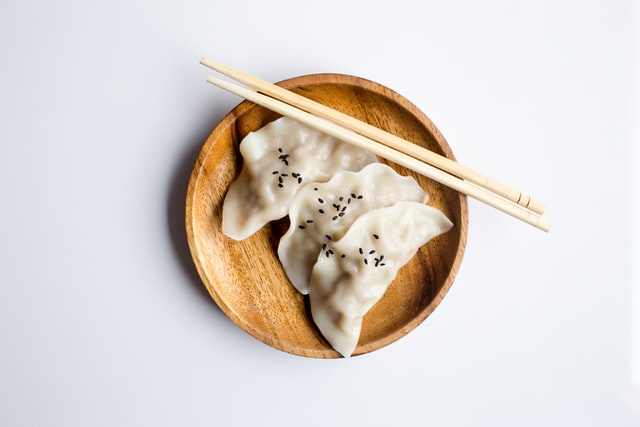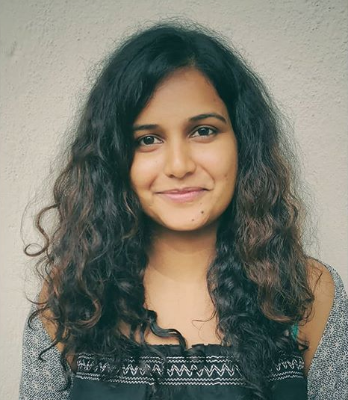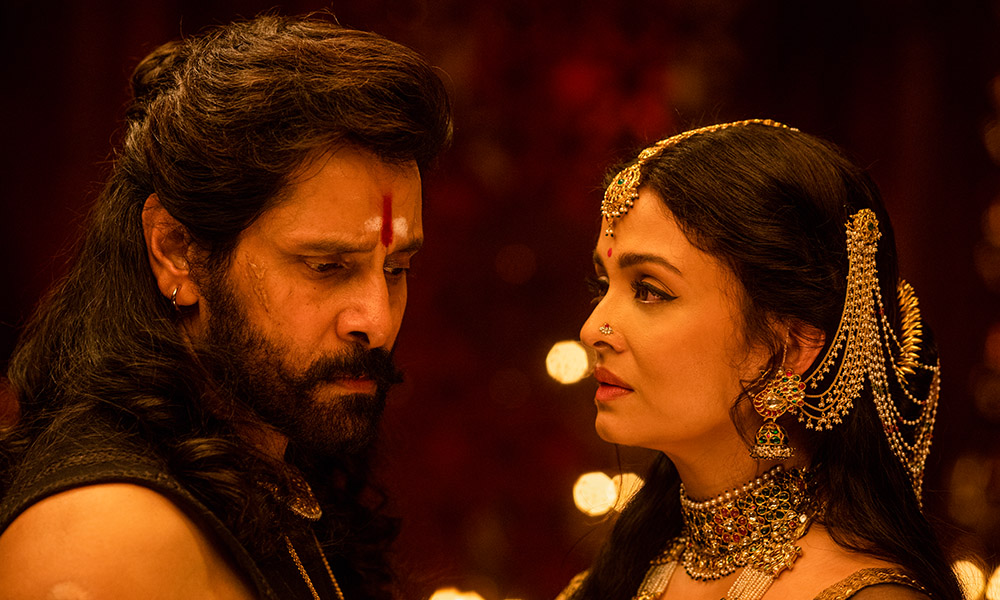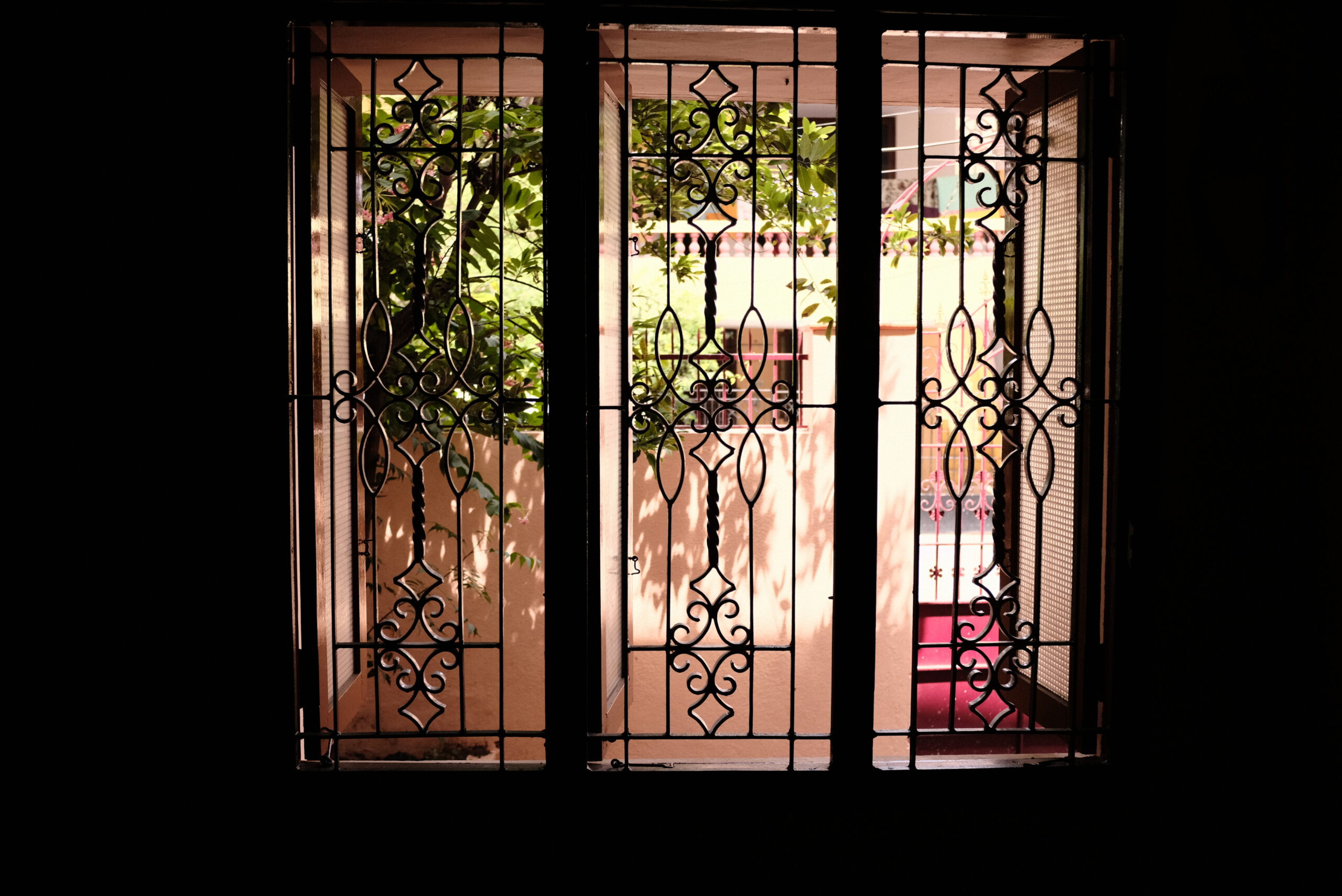A few weeks ago, I spoke about my journey towards minimalism, and its unexpected impact on various aspects of my life. I thank everyone who wrote back to me and sent good wishes. I am grateful and also surprised about how many people genuinely want to learn and know more about this journey.
I can tell you a little about how I started applying minimalism as an approach to different parts of my life.
Covering the basics
Let’s be very clear upfront that minimalism is not a rigid rule book or a game we play to win or lose. It is a powerful shift in your mind, that takes you from being one kind of person to another. There is no scope for morality here. There is no right or wrong. Becoming a minimalist is not going to make you a good person if you already aren’t one.
So nothing fancy here, the simpler we keep it, and the more humble we are, the more we are on the right track.
Taking a sustainable approach
Modern human beings have a way of ruining everything. We take yoga, we commercialize it and we ruin it. We take Ayahuasca, we commercialize it and we ruin it. We take good old turmeric, make pills out of it, add it to our coffees, and ruin it.
Don’t look at minimalism as another product you need to consume, please. Know your basic concepts. Read many different philosophies on the same, and go on a path that works for you. Also, know that success here is not an end state. Celebrate little wins whenever you see the physical and mental benefits you receive as part of this lifestyle
Now, let’s look at how minimalism consumed me.
Food
Let’s start with the tough one. Shall we? Much before I stumbled upon minimalism, I had started to take a look at how I consume food. Being a self-proclaimed foodie, I took pride in going to every new outlet in town to taste what’s on the menu. There were two factors driving this behavior.
1) I was always and forever tempted by the advertising of it, and my mind was used to a craving for high salt, highly refined foods.
2) I had built an identity around it. I was that girl who liked to try new foods, and who always knew the latest food scene in the town. This identity shaped my ego and became an integral part of it. The food I tasted was not always good, or neither did always leave me satisfied. It was clear I was doing damage to my own body to satisfy my mind’s ego of being a certain kind of person.
This impacted me, especially with non-vegetarian food. I started questioning myself every time I ate non-veg food. The questions were simple. Does this plate bring me joy? Am I doing this because it genuinely makes me happy in the long term? Can this stale, mediocre, commercialized serving of meat, be replaced with something that truly brings me joy, and in that process reduce my participation in the killing of these animals?
The point I want to highlight here is I still eat meat, and our eating behaviors are driven by so many factors and patterns beyond our control. At the same time, there is no black and white when it comes to conscious eating. For some people there may be, for most people, doing something in a way that is sustainable, and at their own pace is better than succumbing to something extreme their body and mind are not used to.
Minimalism in food is simple. Start building a healthy relationship with your food. Understand what situations cause you to eat unhealthy things or binge eat certain things. Try and remove yourself from that situation or those people. Focus on what you can control. Here are some tips that helped me:
1/Fix your environment first
This is where most people fail. Will power cannot work if live in an environment that does not support you. This includes things, people, and the energies that surround you. You cannot eat consciously if your home is cluttered with junk food and unhealthy raw materials. You cannot practice minimalism in food choices if your partner or parents constantly tempt you with fast foods, and make slight of your attempts by calling it names, or constantly give you the feeling that you are not very serious about this.
If you can do one thing, fix this first. Have that talk. Draw those boundaries. They do not need to change their habits in any way. But they need to respect your lifestyle and be supportive of that. If they do not get this, please rethink this relationship, and see how you can distance yourself from this negativity.
2/ Do not settle for anything but the highest quality
My consumption of food was so mindless and erratic, that most times it left me feeling empty and unsatisfied. I have been to hundreds of cafes and ordered the same Aglio Olio, and I can safely say that only three of those meals were soul-satisfying and have made me truly happy. It’s the same for some of my other favorite food items like Biriyani or Kadhi. The truth is most of the food we consume outside is a situation born out of a social obligation. We eat food we do not even enjoy when we go meet a friend. We buy and consume unnecessary things that are even that tasty – have you ever forcefully bought unhealthy snacks right outside a relative’s house because your family is adamant we cannot go empty-handed?
If we just thought over this for a second, we will realize that we can meet that friend for a walk by the beach, or if we plan better we can cook something really special homemade, or buy from a place that sells fresh organic food. The idea is not to eat less. The idea is to identify wasteful and unhealthy consumption patterns and work around them. Once you bring this awareness to yourself, your life will change – I guarantee you.
Over the last few years, I have gotten extremely choosy about who I spend time with. It is also because I realized how much time I spend idling away eating things I don’t even like, with people who do not really matter to me, because the label “social butterfly” was so important to me. Make time for people who are really important, and make sure you plan great experiences with them doing things that bring you both happiness. Do not settle for anything less.
3/ Understand nutrition and the way our bodies work
I read, read and read a lot. Food is an important cultural aspect of our lives. You cannot change your relationship with it by going on fad diets or listening to silly influencers. Make sure you learn about each food type, and how it affects our health. Do not criminalize carbohydrates, and do not be dumb enough to look to a weighing machine for self-worth. Don’t even get me started on spot reduction – I want to thin my arms, my belly fat should disappear, etc. My patience wears thin when people look at food like it’s the enemy. No, food is not the enemy, your societal conditioning is. Use your privilege and your intelligence to access resources that can bring you knowledge and bust myths. Stop playing victim, and stop blaming rice for all your problems.
Food is a gift. Some farmer miles away toils throughout the year to bring that plate of rice to your table. Someone climbs a coconut tree 30 ft tall to get that sprinkle of freshly grated coconut on top of your poha. Respect them, and respect everything that comes from nature.
This is a powerful shift in mind. Once you can see the miracle of food, and appreciate it, you will want to know more about different foods, and how they affect your body. That’s the path to enlightenment, friends. You will slowly start to see minimalism in your eating patterns too. You will only consider things that bring you true joy, or things that are extremely beneficial for your body. Nothing less.
These are three important but powerful triggers that helped me build a better relationship with food. A lot of the time we treat our bodies with contempt and treat food like the villain. But what we need to focus on is our mind, and the willingness to stop blaming others and the world for any situation we are in. Let’s not forget, we are truly in control if we want to be! : )
To sum it up, I want to reiterate that minimalism in food is not about eating less. It is about valuing our bodies, and food, and living a higher quality of life.



